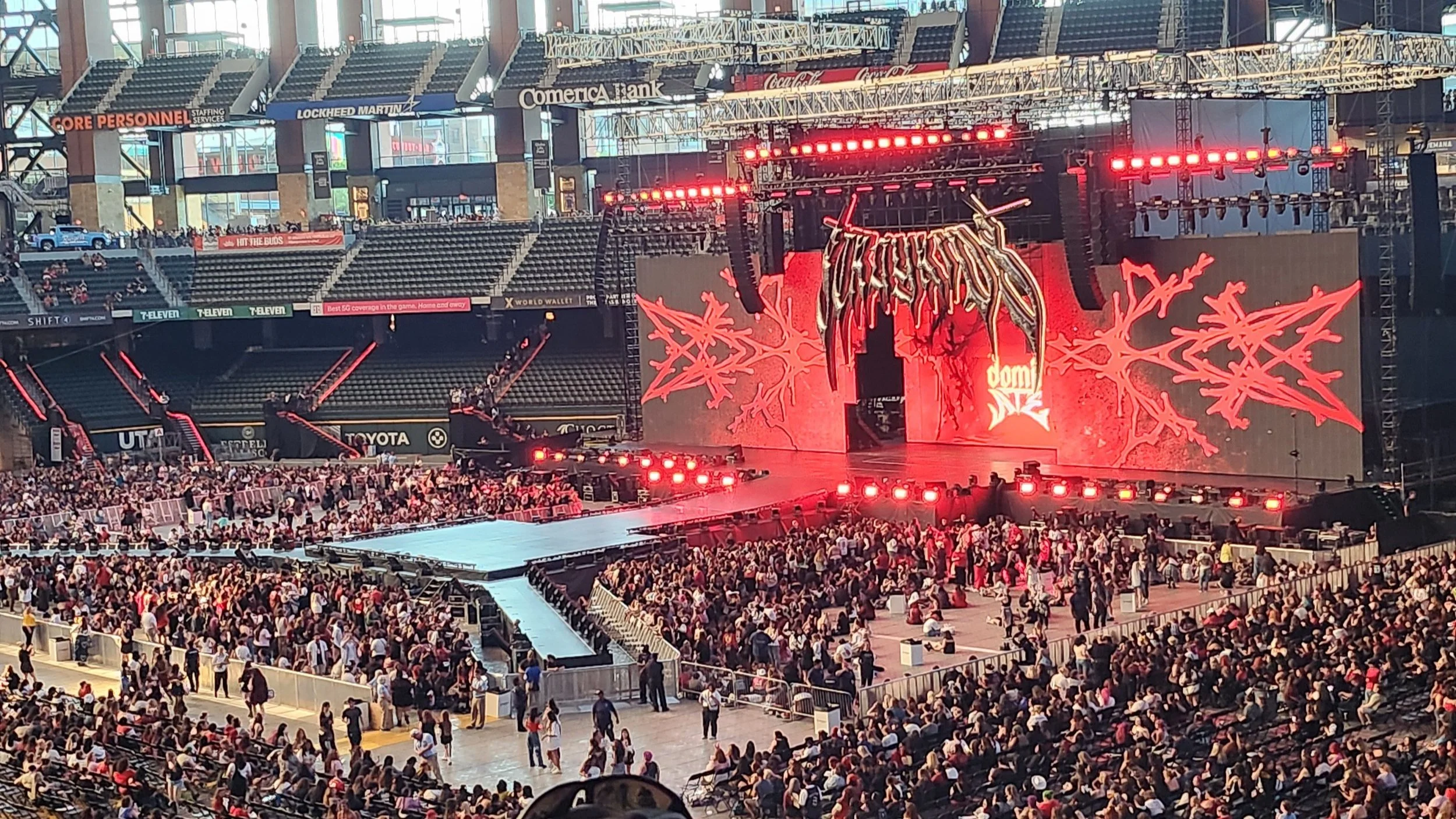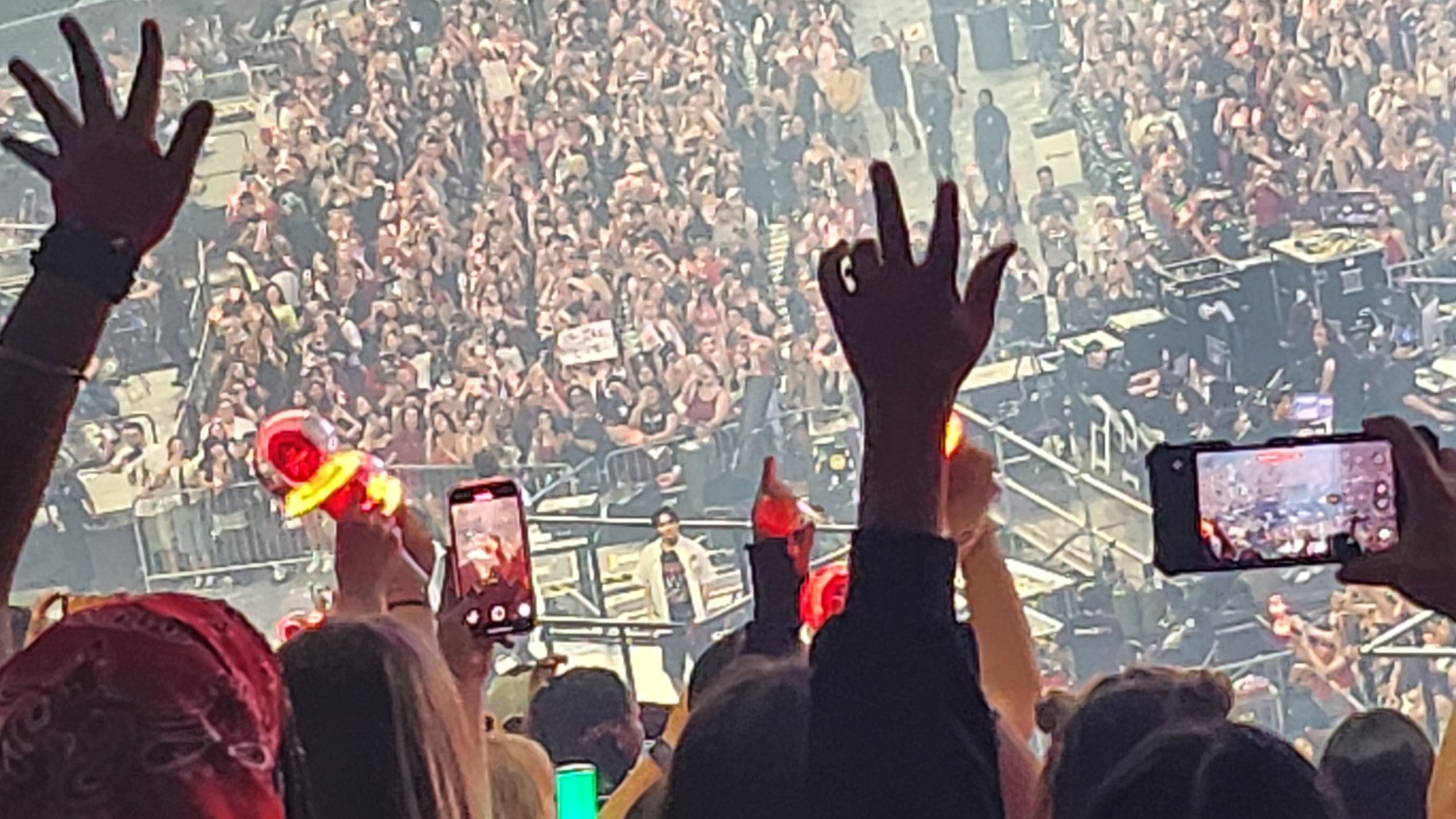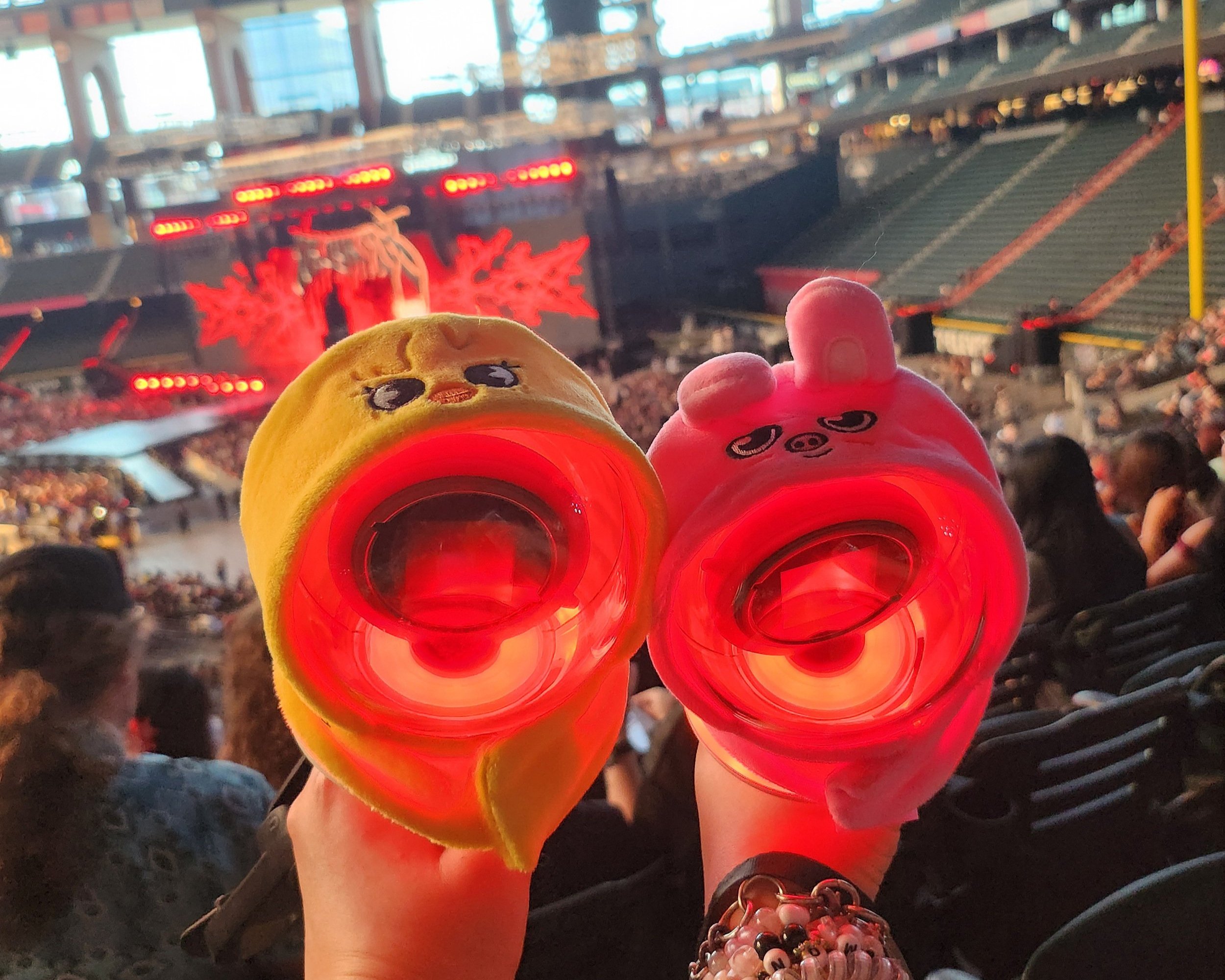Is being “delulu” for my bias bad?
Oh boy…
I’ve seen “delulu is the solulu” content used in good fun across the internet, but what does being delusional actually mean?
Let’s use K-Pop as an example. Full disclosure, I’m STAYTINY and chances are incredibly likely that if you work with me, I write your treatment plans or notes while absolutely blasting Stray Kids or ATEEZ in my office (Aye, Domino).
I’m gabojago-ing as we speak.
For those unfamiliar: if you’re a fan of a K-Pop group it’s likely that you have a “bias.” A bias is basically your “favorite” member of the group.
Seems harmless enough. But can intense fandom engagement be bad thing? I’ve actually had a few people ask me if it was unhealthy to have a bias and to feel really connected to a particular idol. Let’s start with a look at what makes a fan “delulu.”
The colloquial use of “delulu” or delusional needs to be distinguished from what an actual clinically defined delusion is, how they impact a person, and the way they cause people to relate to the world around them.
The DSM 5 TR, or Diagnostic and Statistical Manual of Mental Disorders (5th Edition Text Revision) is widely taught and used to aid in diagnosing clients seeking support from a psychotherapist.
In the DSM, delusions are defined as deeply held and persistent false beliefs about external reality that continue even if there is evidence that disproves them. It also defines different types of delusions.
Erotomanic type: the delusion centers around the belief that another person is in love with them
Gradiose type: the delusion centers around the belief that they have some incredible talent, insight, or discovery that has gone unrecognized by others
Jealous type: the delusion centers around the belief that their partner is not being faithful
Persecutory type: the delusion centers around the belief that the person is being conspired against, harassed, or otherwise kept away from succeeding in their long-term goals
Most fans, when asked if they truly believe their bias will spot them in the middle of a sold out concert and drop everything in the performance to profess their undying love - will tell you absolutely not!
“Bro, LeeKnow totally looked right at me.”
There have been instances where a “fan” will have an unhealthy obsession with an idol, engaging in stalking, disregarding privacy or personal space, taking pictures or video of the person without consent, even attempts to physically assault or abduct the person. In Korea the term “sasaeng” has been given to these types of “fans” and is often used when denoting how intrusive and harmful these behaviors can be.
With me so far?
Now let’s talk a bit about Parasocial Relationships. These are typically one-sided “relationships” with media figures that are built by the fan “getting to know” the celebrity or fictional character and feeling a close bond - despite the other person not being able to reciprocate.
BangChan realizing the consquences of his actions for being a chronic flirt with fans.
Engaging in these parasocial relationships is not currently identified as being a mental disorder. There’s a spectrum to the level of how healthy these relationships can be. For many, putting in some amount of emotional effort to learn more about their favorite singer or public figure can be a part of exploring role-models, identifying communities where they feel seen and validated, or just gaining encouragement, positive emotions, and stress relief in general.
Fan projects can show appreciation for artists and also let fans come together and have fun in the community.
When a person starts to ignore their current relationships with friends and/or family, disregard day-to-day responsibilities (like going to work or keeping track of their physical health) to prioritize the time, money, and/or energy spent with their relationship to their idol - that can become a very unhealthy situation very quickly.
And now we come to the -
TLDR: Unless your love for your bias has started to negatively impact you financially (not just overspending a little, I’m talking being unable to pay bills, not going to work, etc), has kept you from forming or maintaining social connections to others, or has been your priority over your physical or mental wellbeing (consistently losing sleep, not eating, getting caught in obsessive loops, becoming distressed when your bias interacts with other fans) - you likely have nothing serious to worry about.
Please be conscious of what it means to be clinically “delusional” and try not to throw that term around too casually. It can be a very serious, confusing, and uncomfortable thing to experience and does warrant some significant mental health support.
Stray Kids Everywhere All Around the World - Even Mental Health Care




